10 Foods That Trigger Gout
Gout is a painful form of arthritis caused by high levels of uric acid in the blood, leading to the formation of urate crystals in the joints. These crystals cause inflammation and severe pain, often affecting the big toe. Diet plays a significant role in managing gout, as certain foods can increase uric acid levels and trigger gout attacks. Here are 10 common foods that can trigger gout.
Red Meat
Red meat, such as beef, pork, and lamb, is high in purines, which are broken down into uric acid in the body. Consuming large amounts of red meat can increase uric acid levels and trigger gout attacks[[1]]. Limiting red meat intake and opting for leaner protein sources, such as poultry or fish, can help manage gout symptoms.
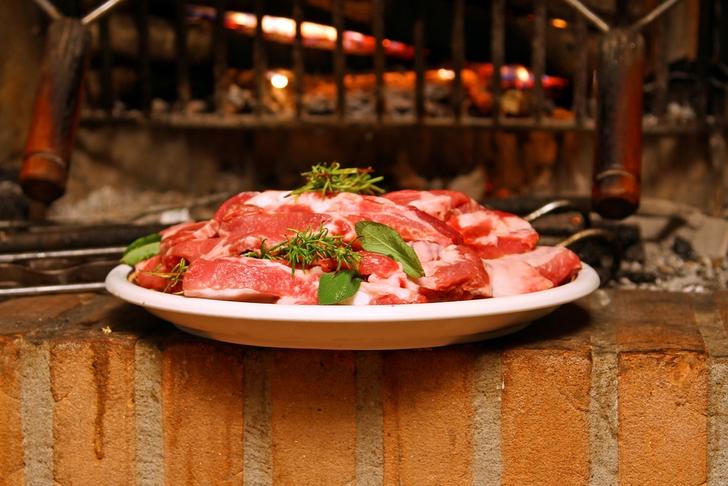
Advertisement
Organ Meats
Organ meats, also known as offal, such as liver, kidneys, and sweetbreads, are particularly high in purines and can significantly increase uric acid levels[[2]]. People with gout should avoid consuming organ meats to prevent gout attacks.
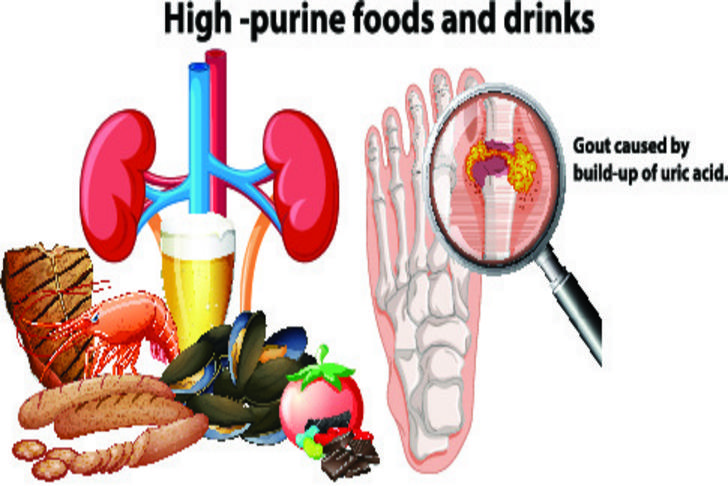
Advertisement
Seafood
Certain types of seafood, including anchovies, sardines, mussels, scallops, and trout, are high in purines and can trigger gout attacks[[3]]. However, not all seafood is off-limits for people with gout. Consuming moderate amounts of low-purine fish, such as salmon or shrimp, can be part of a balanced gout-friendly diet.

Advertisement
Alcohol
Alcohol, particularly beer, can increase uric acid levels and trigger gout attacks[[1]]. Wine, in moderation, may be a safer choice for people with gout, but it is essential to discuss alcohol consumption with a healthcare provider to determine what is appropriate for each individual.

Advertisement
Sugary Drinks
Sugary drinks, such as soda and fruit juice, can contribute to increased uric acid levels and gout attacks[[4]]. Opting for water, herbal tea, or other low-sugar beverages can help manage gout symptoms.

Advertisement
Refined Carbohydrates
Refined carbohydrates, such as white bread, pasta, and pastries, can contribute to increased uric acid levels and gout attacks[[4]]. Choosing whole grains and complex carbohydrates can help manage gout symptoms and promote overall health.

Advertisement
Asparagus
Asparagus is a high-purine vegetable that can increase uric acid levels and trigger gout attacks[[2]]. However, the impact of vegetables on gout is less significant than that of animal-based purine sources. People with gout should discuss their vegetable intake with a healthcare provider to determine what is appropriate for their individual needs.
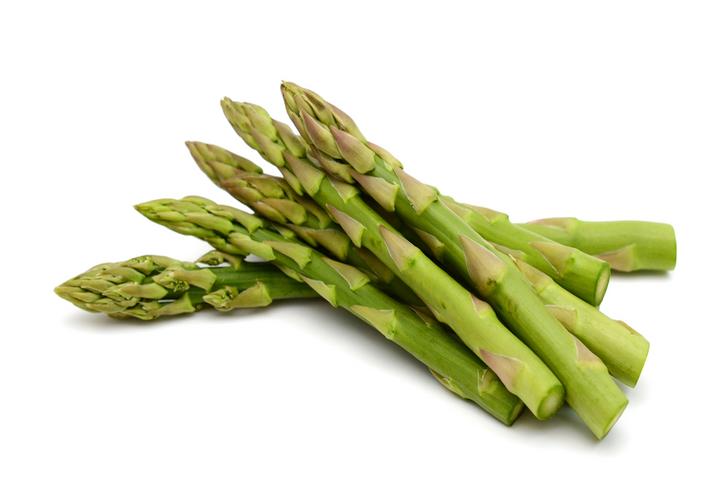
Advertisement
Mushrooms
Mushrooms are another high-purine vegetable that can contribute to increased uric acid levels and gout attacks[[2]]. As with asparagus, the impact of mushrooms on gout is less significant than animal-based purine sources, but it is essential to discuss vegetable intake with a healthcare provider.
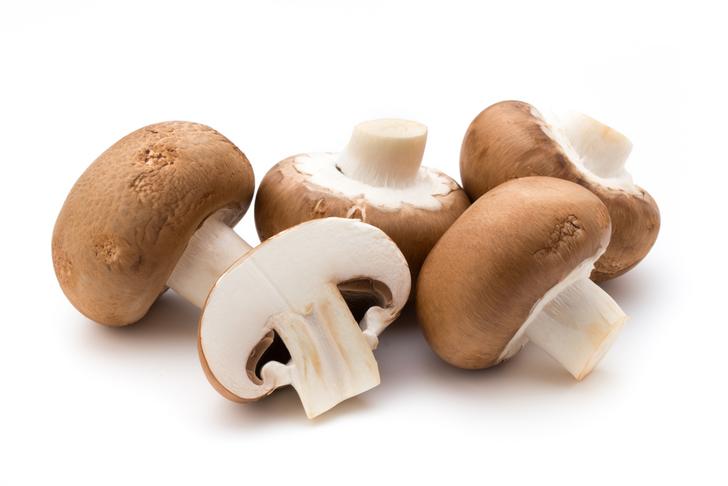
Advertisement
Spinach
Spinach is high in purines and can contribute to increased uric acid levels and gout attacks[[2]]. However, as with other high-purine vegetables, the impact of spinach on gout is less significant than animal-based purine sources. Discussing vegetable intake with a healthcare provider can help determine what is appropriate for each individual.
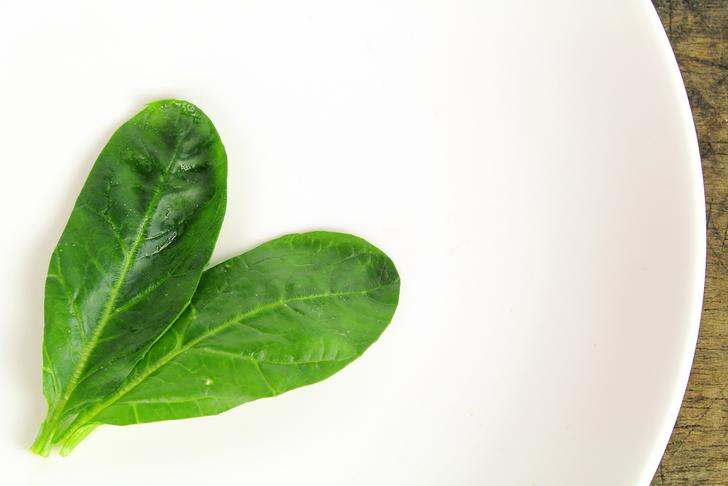
Advertisement
Cauliflower
Cauliflower is another high-purine vegetable that can contribute to increased uric acid levels and gout attacks[[2]]. As with other high-purine vegetables, the impact of cauliflower on gout is less significant than animal-based purine sources. It is essential to discuss vegetable intake with a healthcare provider to determine what is appropriate for each individual.
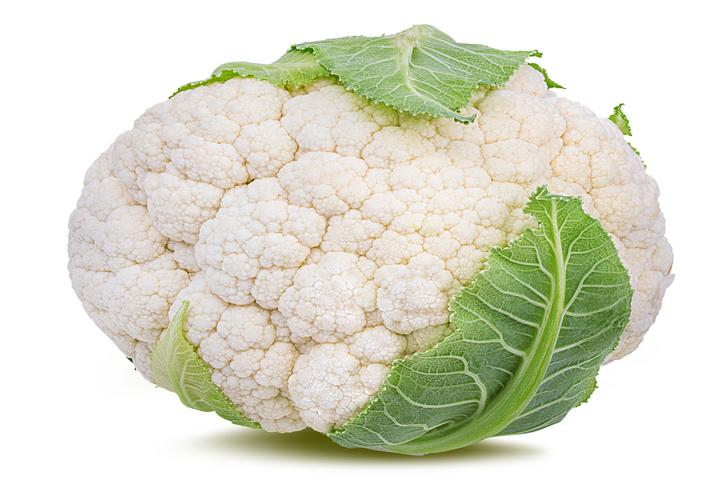
Advertisement
Causes of Gout
Gout is a type of inflammatory arthritis that is typically caused by a build-up of uric acid in the blood, a condition known as hyperuricemia. This build-up can lead to the formation of uric acid crystals in and around joints, resulting in intense pain and inflammation. Factors that can increase uric acid levels include:
Diet: Consuming foods and drinks high in purines, such as red meat, seafood, and alcohol, can contribute to elevated uric acid levels.
Obesity: Being overweight can increase the body’s production of uric acid and reduce its ability to eliminate it.
Medications: Certain medications, like diuretics and aspirin, can raise uric acid levels.
Medical Conditions: Kidney disease, hypertension, diabetes, metabolic syndrome, and certain types of anemia can increase the risk of gout.
Advertisement
Symptoms of Gout
Gout attacks typically occur suddenly and often at night. Symptoms of gout can include:
Severe joint pain: This pain is usually most intense during the first 4 to 12 hours after it begins.
Inflammation and redness: The affected joint or joints become swollen, tender, warm, and red.
Limited joint motion: As gout progresses, you may not be able to move your joints normally.
Advertisement
Conclusion
Gout, a form of inflammatory arthritis, arises primarily due to the accumulation of uric acid in the blood, leading to painful crystal formation in and around joints. Risk factors for elevated uric acid levels include a diet rich in purine, obesity, certain medications, and specific medical conditions.
The symptoms of gout are often sudden and intense, characterized by severe joint pain, inflammation, and redness, and limited joint mobility.
Managing gout necessitates vigilance in avoiding or limiting certain foods known to increase uric acid levels and trigger gout attacks. Implementing dietary alterations and working in tandem with a healthcare provider can help individuals with gout to mitigate symptoms and enhance overall health. It’s crucial to remember that managing gout is a long-term commitment, and a healthcare provider should be consulted for the best personalized treatment plan.
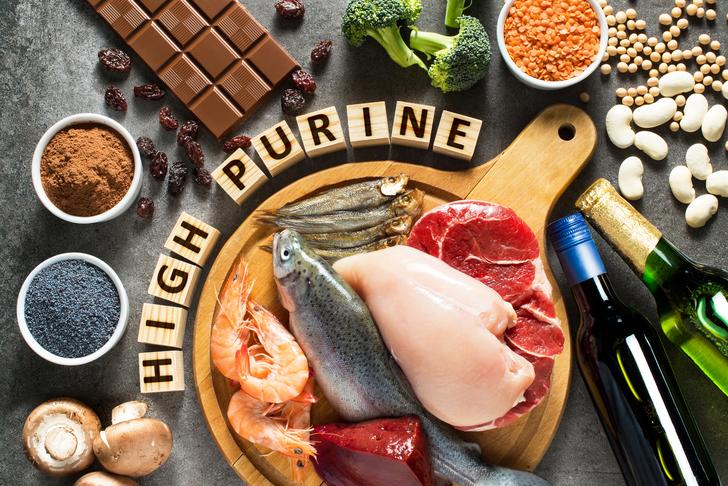
Advertisement





